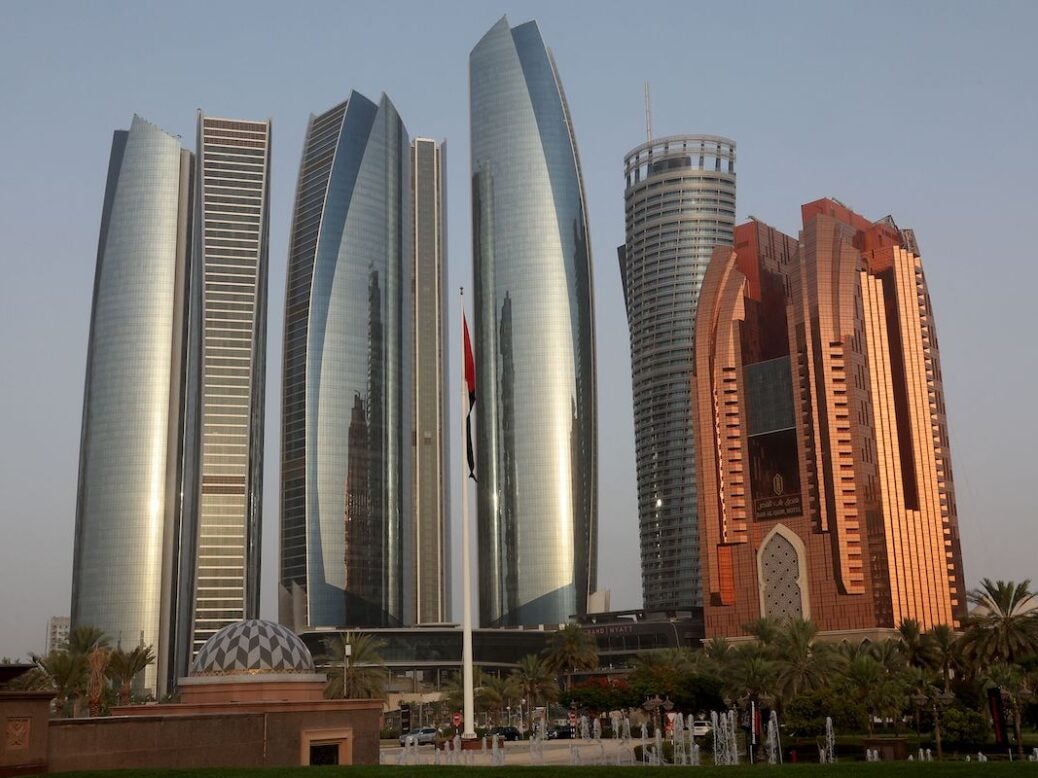
A 39-year-old from the Caribbean has filed for a landmark divorce settlement of Dh1 billion ($272 million) at Abu Dhabi Civil Family Court.
The couple, who were married for 20 years, began divorce proceedings in April, citing irreconcilable differences.
This latest settlement case is believed to be the largest to an expat woman in a no-fault divorce case by the court and comes after an American woman in the UAE was awarded more than Dh100 million ($27.2 million).
Byron James, a partner at Expatriate Law, who is representing the wife, tells Spear’s it is a ‘bellwether’ case that could act as a ‘catalyst’ for more high-net-worth individuals filing for divorce in the emirate.
‘It sends a clear signal that Abu Dhabi is not just willing to accept high-value cases, but is now genuinely capable of resolving them with authority and integrity,’ he says.
He says the case is significant, not just because of the substantial sum involved, but that it signifies ‘where the UAE, and specifically Abu Dhabi, now stands in the global landscape of family law’.
[See also: UAE family law is changing the game for British expats]
The Abu Dhabi Civil Family Court was set up in January 2022 for cases involving non-Muslims or Muslims from non-Muslim countries.
‘Ten years ago, it would have been unthinkable that an ultra-high-net-worth individual would choose to litigate a divorce of this complexity and value here. Now, that decision feels not only logical but strategically astute,’ James says.

‘This case is historic because it affirms that the legal infrastructure in Abu Dhabi has matured to the point where it can support and resolve the most serious family law disputes with the kind of nuance, sophistication and fairness that clients of this profile demand.’
The advantages of an Abu Dhabi court versus London
James tells Spear’s that the decision to file in Abu Dhabi, rather than a jurisdiction such as England or one of the Caribbean offshore centres, ‘was not made lightly’ but that the ‘advantages of the Abu Dhabi Civil Family Court were undeniable’.
One significant edge the Abu Dhabi family court has, particularly in light of the backlog in London where complex cases can take years, is that it works at speed. James says outcomes in financial cases can be achieved within eight to 10 weeks, with divorces finalised in 30 days.
[See also: Most expensive Abu Dhabi home sells for $109m as emirate’s luxury market booms]
‘For clients who value their time, and who often live lives where time is quite literally money, the ability to bring a swift and dignified close to personal upheaval is a profound benefit,’ James says.
London remains ‘a global heavyweight’, says James, but it is slow and expensive.
‘For many clients, the stress and cost of protracted litigation in those jurisdictions are not simply unpalatable but avoidable.
[See also: Catherine Bedford: The family lawyer representing Middle Eastern royalty]
‘What Abu Dhabi offers is a streamlined, discreet and outcome-focused process. It is not trying to be London. It is something distinct, and in many ways better suited to the needs of globally mobile, commercially astute individuals who have no appetite for long and adversarial proceedings.’
A ‘catalyst’ for change
James says he expects this case to be a ‘catalyst’ and encourage more expats to choose Abu Dhabi now that the court has a proven track record.
‘Clients know they will be heard, that their matters will be handled discreetly, and that they will not lose years of their lives navigating an overloaded court system elsewhere.’
Final judgements are ‘enforceable and credible’, says James.
‘The fear, historically, was that local systems could not provide finality or would produce outcomes inconsistent with what parties might expect elsewhere. That is no longer the case. This court is not a diluted version of London or Singapore; it is something uniquely its own, and it works.’






